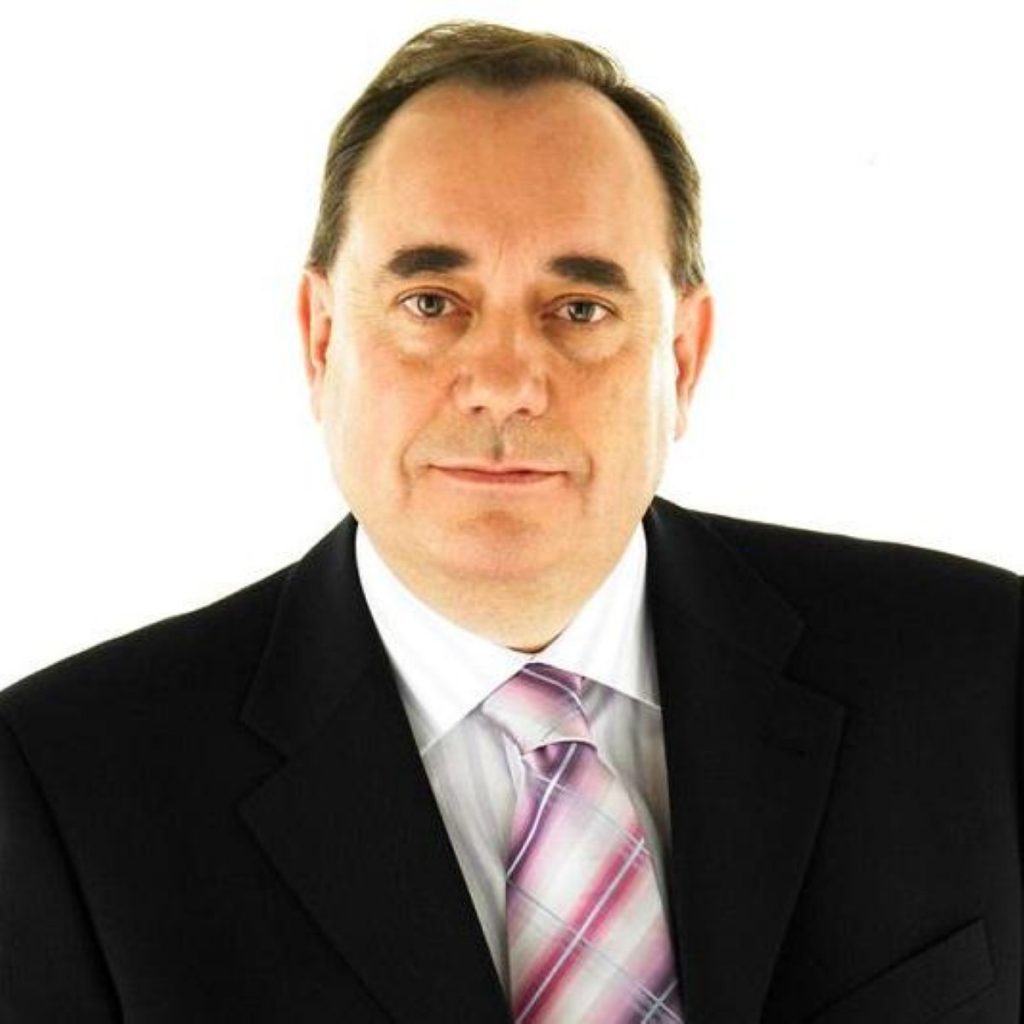Scotland begins independence ‘conversation’
Scottish first minister Alex Salmond is set to spark a “national conversation” on Scottish independence.
Rather than push for a near-futile national vote on independence, the SNP leader will call for a wider reaching debate on Scotland’s relationship with Westminster.
The SNP made a manifesto pledge to publish an independence white paper within 100 days of forming a government and the party will this week publish a paper outlining its plans.
Choosing Scotland’s Future – Independence and Responsibility in the Modern World will set out in 60 pages the choices facing Scotland.


It will say Scotland can take a gradual approach to extending devolution by transferring more powers to Holyrood under the Scotland Act, or increase its financial autonomy from the UK, or hold a referendum and move for full independence.
By calling for a debate rather than immediate referendum, Mr Salmond will avoid near-inevitable defeat in a parliamentary and public battle.
While support for the nationalist government is strong, successive opinion polls show support for Scottish independence is falling.
The latest poll by Progressive Scottish Opinion found 31 per cent of the electorate want independence.
Support appears to have fallen significantly since last September, when a Scotsman/ICM poll revealed 51 per cent were in favour of independence.
By the eve of the SNP’s election success this had slipped to 35 per cent. While support for the SNP has risen to 48 per cent since May, they have failed to increase support for independence.
The SNP played down the findings and said support depends on how you phrase the question.
A spokesman said: “As many polls [are] in favour as against, and the important thing now is that we will lead a national conversation on Scotland’s future that will galvanise further support.”
“SNP support is up 15 per cent since the election, the highest opinion poll rating we have ever recorded. No previous Scottish government has built up such a solid platform of support in its first 100 days,” he told the Guardian.









